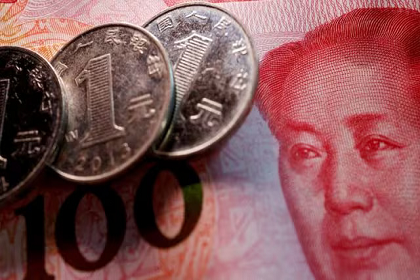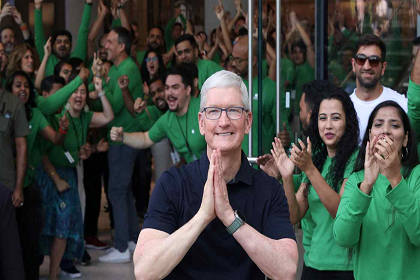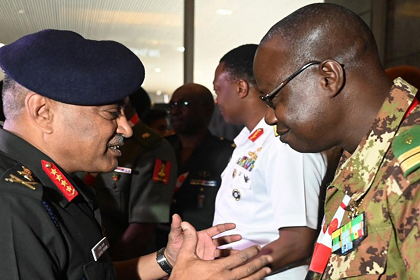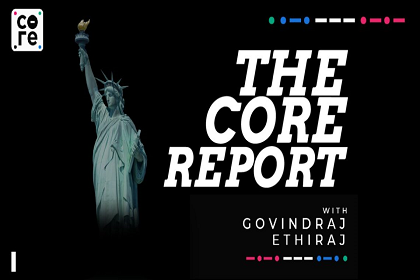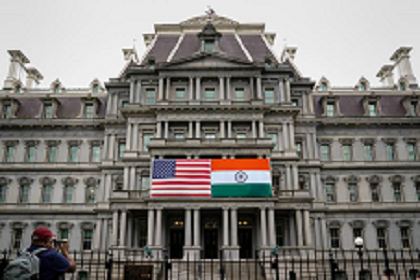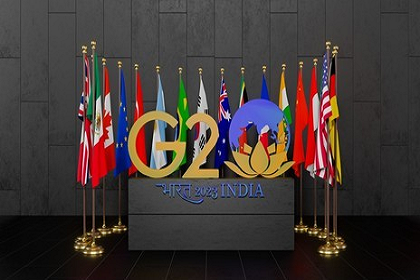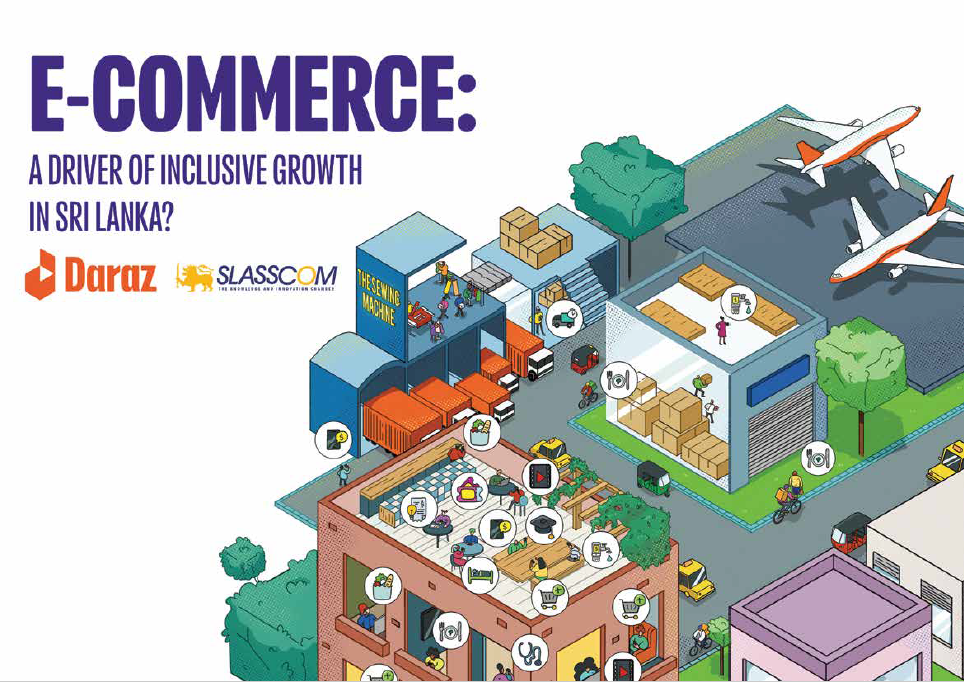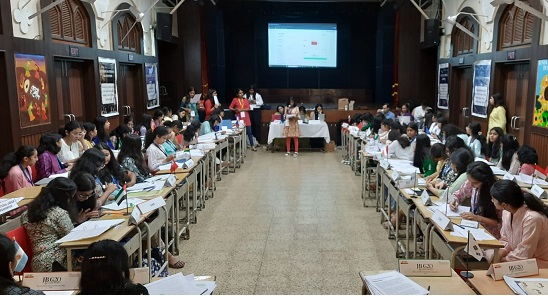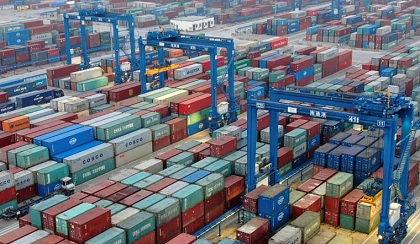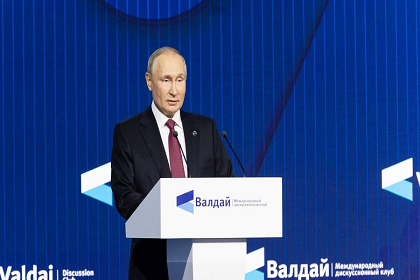China slips into deflation
The Chinese economy has slipped into deflation, partly due to the growing mistrust of foreign investors and the government's strategy of over-management and micromanagement. In an episode of Forbes India’s ToThePoint, Amit Bhandari, Senior Fellow, Energy, Connectivity and Investment, Gateway House discusses the impact of this slowdown on the global economy, while highlighting key takeaways for India, which aims to be a manufacturing hub.

